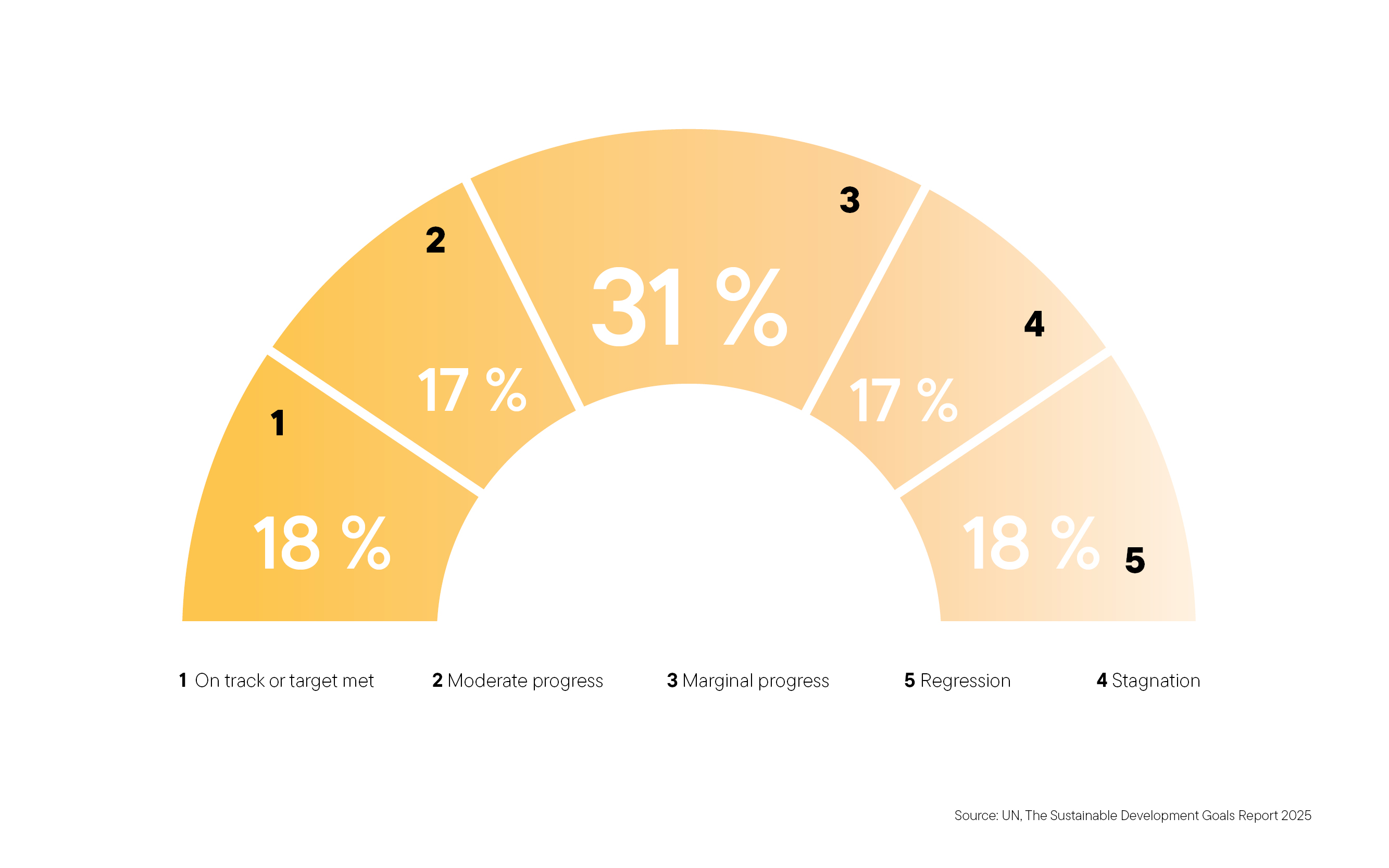Readers' opinion
Letters to the editor
Misleading growth
Experts discuss African development opportunities;
D+C/E+Z 6/2007, p. 226
The article refers to optimism surrounding the high growth rates in Africa averaging more than five per cent. However there is little cause for celebration, because developing countries in Africa and elsewhere are unlikely ever to catch up with the industrialised nations. Even if two countries have the same annual per capita growth rate in percentage terms, the per capita income in absolute figures in the richer country grows more strongly than in the poorer of the two. The question arises whether it would be better to express growth in absolute figures rather than in percentages. It is after all absolute figures (such as per capita income), rather than percentage figures, which determine our impression of poverty or material wealth in developing countries, in comparison with industrialised nations.
The absolute gulf between rich and poor nations is continuing to widen despite growth. In the long term, it is likely that only a very few emerging economies, such as China, will avoid this trend. Disadvantaged people in poor countries around the world are increasingly reacting to this development with opposition, hatred and even violence. If the rift between sub-Saharan Africa and Europe continues to expand rather than shrink, then this will jeopardise the safety of the affluent in the long term. A fairer distribution of income and wealth, or greater international justice in other words, is not only in the interests of the poor, but also in the best interests of the rich. Even if those who are better-off constantly put up higher fences and seal themselves off even more than they have in the past, this is hardly likely to be effective in the long-term.
Johannes Bickel, Oberursel
Unqualified
Embarassingly self-assured; D+C/E+Z 6/2007, p. 263
I am very pleased to read your comment on the Wolfowitz affair. You have hit the nail on the head. It is also worth remembering that he has no qualifications for the job to which he was appointed through political clout.
Jaleel Ahmad, Professor of Economics, Concordia University, Montreal, Canada
Inaccurate
Progress undone D+C/E+Z; 7-8/2007, p. 279
Thailand would have lent itself here to a comparison between “rule by law” and “rule of law“. Thaksin’s acquittal in 2001, the annulment of the 2006 election, the prison sentence handed down to the Electoral Commissioners and their deception regarding the granting of bail, and the dissolution of Thaksin’s TRT party are four blatant, unconstitutional examples of political backroom dealings undermining the legal process. Your coverage, however, was inaccurate. The most problematic aspect of the dissolution of the TRT was not so much the retroactive application of a decree following the coup, but the fact that none of the circumstances of the case could be subsumed under the applied paragraphs of the Political Parties Act. It is all the more startling that it were Thailand’s elite judges who interpreted the law this way. Also, the members of the party’s board were not barred from engaging in all political activity, they “only” lost their active and passive right to vote along with their right to assume a formal party function.
Only the first issue was added to the coup announcement; the second is already included in the Political Parties Act. However, if the Political Parties Act alone had been applied, the Constitutional Court would have first dissolved a party for undermining democracy and posing a threat to national security, and would then have allowed the same politicians to join another party and go on to become delegates, cabinet ministers or even the head of government. The only intention of the coup announcement was to bar the TRT leaders from important political functions in the near future.
Michael Nelson, Visiting Scholar, Faculty of Political Science,
Chulalongkorn University, Bangkok
No housework
Opportunities for women; D+C/E+Z 5/2007
This photo does not show women doing housework, as the caption states. Rather, it shows a skilled, income-generating job women have been doing for centuries. The photo is of a typical yard in a district of Accra. The traditional food in Southern Ghana, Kenkey, is being produced here, using a process which continues over several days. In the foreground, there are two women seated who are wrapping up fermented corn dough in corn husks. The dumplings are then steamed in large tubs for several hours, before being sold at street-stalls or by itinerant traders.
Barbara Rocksloh-Papendieck, Bamako, Mali
___
The editor reserves the right to shorten readers’ letters.







